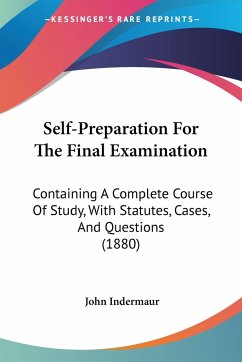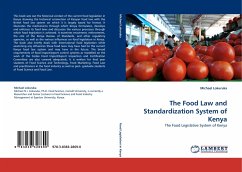
An Examination of the New Protection from Abuse System in Saudi Arabia
Versandkostenfrei!
Versandfertig in 6-10 Tagen
37,99 €
inkl. MwSt.

PAYBACK Punkte
19 °P sammeln!
The purpose of this study was to conduct an examination of the Protection from Violence System (2014) and its subsequent regulations, which includes the protection of women, children, workers, and all victims of abuse. The analysis offers a historical overview on the development of domestic violence and child abuse issues in Saudi Arabia. Child abuse is a serious problem in Saudi Arabia, a factor which was revealed in the literature. The goal of this study was to scrutinize the objectives and goals of the current existing regulations as they relate to children in Saudi Arabia. The research uti...
The purpose of this study was to conduct an examination of the Protection from Violence System (2014) and its subsequent regulations, which includes the protection of women, children, workers, and all victims of abuse. The analysis offers a historical overview on the development of domestic violence and child abuse issues in Saudi Arabia. Child abuse is a serious problem in Saudi Arabia, a factor which was revealed in the literature. The goal of this study was to scrutinize the objectives and goals of the current existing regulations as they relate to children in Saudi Arabia. The research utilized a qualitative research design which used David Gil's social policy as the framework for analysis. Data were collected from both primary and secondary sources that address the system's legislations. Furthermore, this study also presents the intended and unintended effects of the policy, the strengths and weaknesses of these regulations, and the recommendations for improvement of the current protection system and its regulations. Implications for social work and future research were also discussed.












